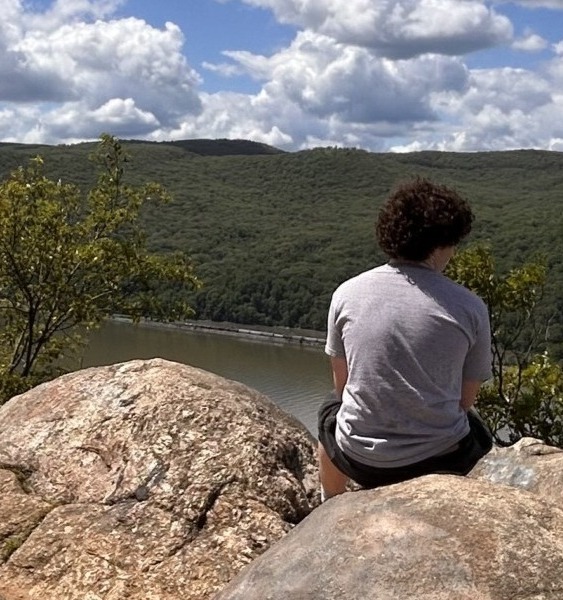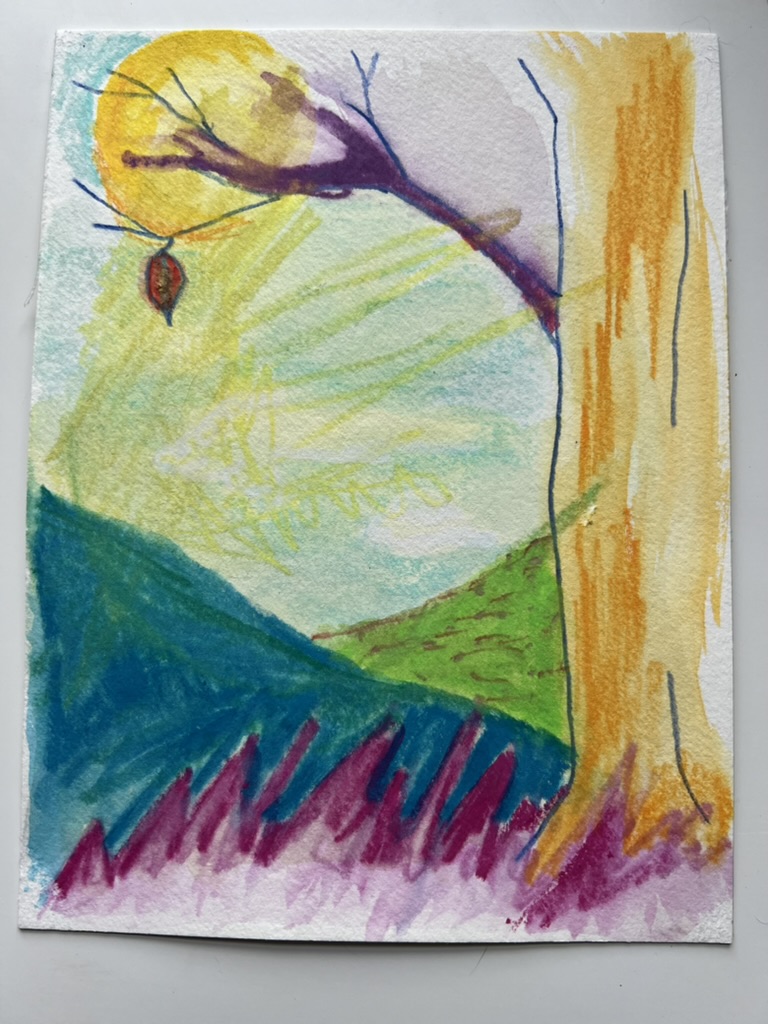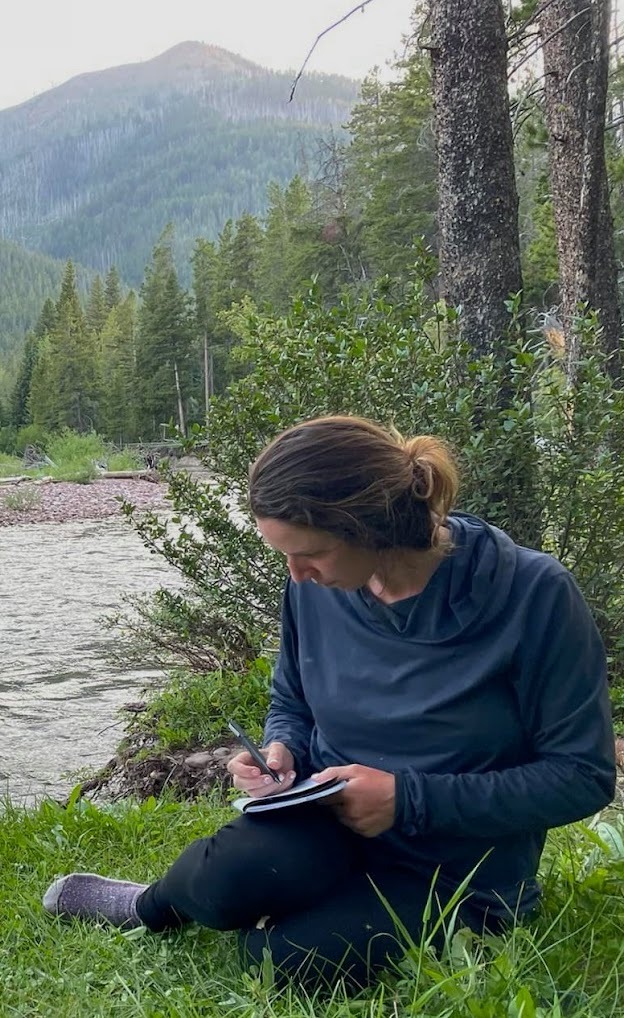
Ecotherapy
Find a Nature-based therapistEcotherapy is a psychotherapy service where you meet your therapist outdoors and look to the natural world for a greater understanding of yourself, your relationships, and surroundings by combining art making and expressive therapy techniques.
Ecotherapy or Nature-based psychotherapy sessions often include a short walk in on local hiking trails or paths to find spaces to explore and create. Your therapist will provide supplies and opportunities to connect directly with the environment by responsibly collecting and creating with natural materials. Some sessions will encourage collaborative artmaking, while others will focus on creating independently. There will discussion, play, conversation and lots of self-reflection.

Nature is a powerful space for our physical, mental and spiritual wellbeing.
Creativity and the natural world go hand-in-hand in Ecotherapy.

Ecotherapy FAQS
Is Ecotherapy a form of psychotherapy?
Yes, ecotherapy is a form of psychotherapy where connection with the natural environment is used to help clients meet their goals in a hands-on and somatic way. As an art therapy practice, we understand that creativity and the natural world go hand-in-hand, and facilitate ecotherapy sessions with the same standards as the other modes of psychotherapy.
What makes nature-based therapy effective?
The answer is different for each person and depends on the therapist’s comfort with nature and the client’s willingness to engage in ecotherapy. The benefits of being in relationship with our natural environment are well known, and have for long been a part of life and traditional healing practices, especially in Eastern cultures. It’s only recently that Western society and science has shown that returning to our roots and being in relationship with the greater ecosystem is beneficial for our mental and physical wellbeing.
Do therapists have specialized training to be an ecotherapist?
Unlike Art Therapy and Social Work there is not a license specifically for the practice of nature-based therapy. However, in addition to having a license to practice psychotherapy, there are numerous trainings and certifications that can be obtained to ensure nature-based therapy is being practiced safely and ethically. There are a variety of trainings in the field, which include but are not limited to: ecotherapy, horticultural therapy, primitive skill building, as well as safety credentials specific to the outdoors, such as a guide license and wildness first responder medical training. You are encouraged to ask your therapist about their experience and training.
What are common treatment goals for people who choose ecotherapy?
Ecotherapy can be beneficial for people who seek to understand and deepen their relationships, sense of self and resilience, as well as foster self-esteem, identity, or process grief. We can learn so much about ourselves and our relationships by looking to the natural world. Building a relationship to nature into your daily or weekly routines can be an outcome. If you have a treatment goal in mind for your own therapy and you’re interested in exploring nature-based therapy, there is likely a way to integrate the two.
Send a Message
Please take a moment to answer a few questions so we can better help you.
"*" indicates required fields